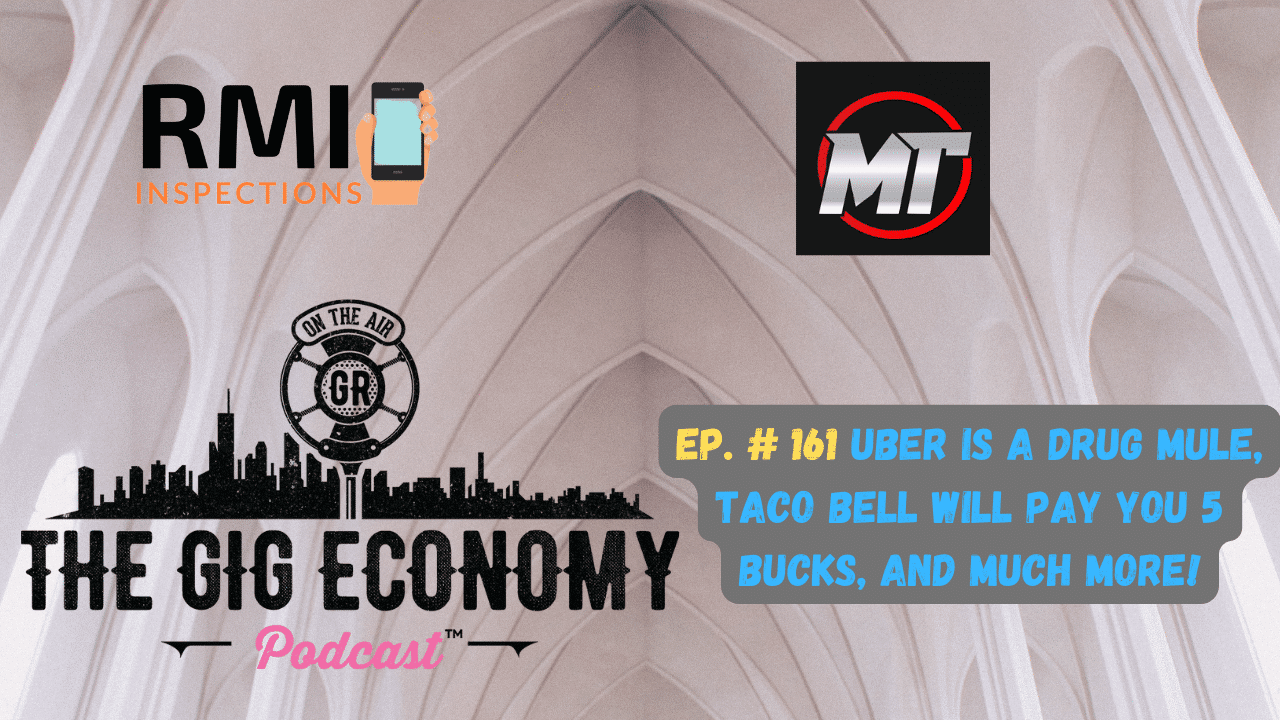The gig economy has transformed the way we view work, and at the forefront of this shift are ride-sharing apps like Uber and Lyft. These platforms have not only changed the transportation landscape but have also introduced a myriad of complex issues and scenarios that were previously unheard of. In our latest podcast episode, we delve deep into these topics, unraveling the many layers of Uber, its practices, and its impact on society.
One of the most shocking revelations about Uber’s operations is its unwitting role as a drug mule. As we discuss in the episode, there have been instances where Uber deliveries have led to unexpected discoveries of drug trafficking. This raises questions about the safety and security of drivers.
But it’s not just about security; Uber’s algorithm and data analysis presents a fascinating look into the potential of a data-driven gig economy. Uber’s wealth of data can inform city planners and even be sold as data sets. We also explore the emerging market disruptor, Empower, which poses a potential threat to Uber and Lyft’s business model.
In addition to these revelations, we discuss the surprising benefits and drawbacks of pricing glitches in Uber. On one hand, these glitches can lead to unexpectedly cheap rides for customers. On the other, they raise questions about the fairness and reliability of Uber’s pricing algorithm.
The episode also delves into the contentious balance between driver rights and customer service in ride-sharing services. We discuss a controversial incident involving a Lyft driver refusing to switch off his Christian music for a Jewish rider. This incident sparked a debate on the driver’s rights and the delicate balance of providing customer service in ride-sharing services.
As we explore these topics, we also discuss safety measures for ride-sharing users and the importance of customizing your ride-sharing experience. We introduce apps like Middleton Tech, which lets you customize your ride-sharing experience, and discuss the potential of making significant earnings in just a few hours.
Lastly, we touch on the issue of restaurants raising their menu prices for delivery apps, which could lead to a drop in sales and reorder rates. We discuss the potential of DoorDash limiting the visibility or removing restaurants that continue to put up higher prices.
In the gig economy, every new revelation brings with it a host of questions and considerations. As we continue to navigate this evolving landscape, we invite you to join us in our journey, one episode at a time.

